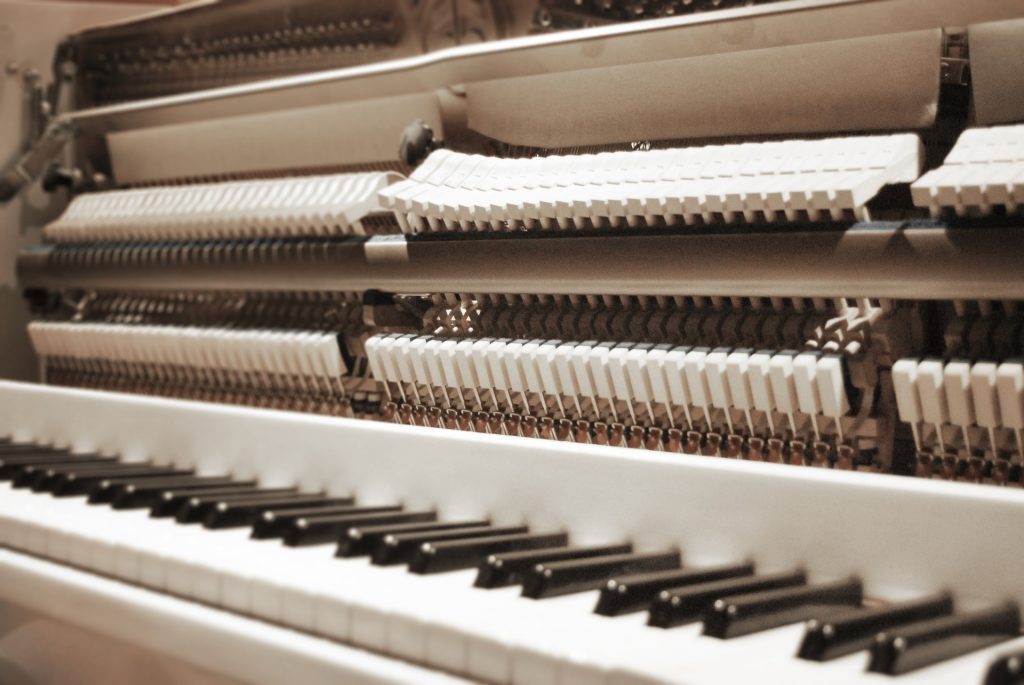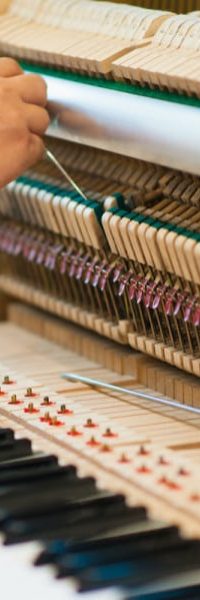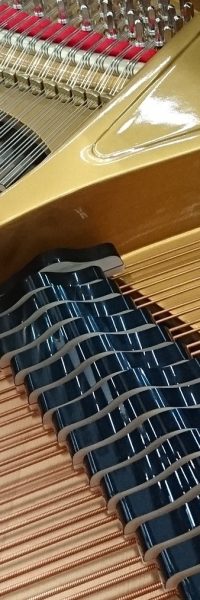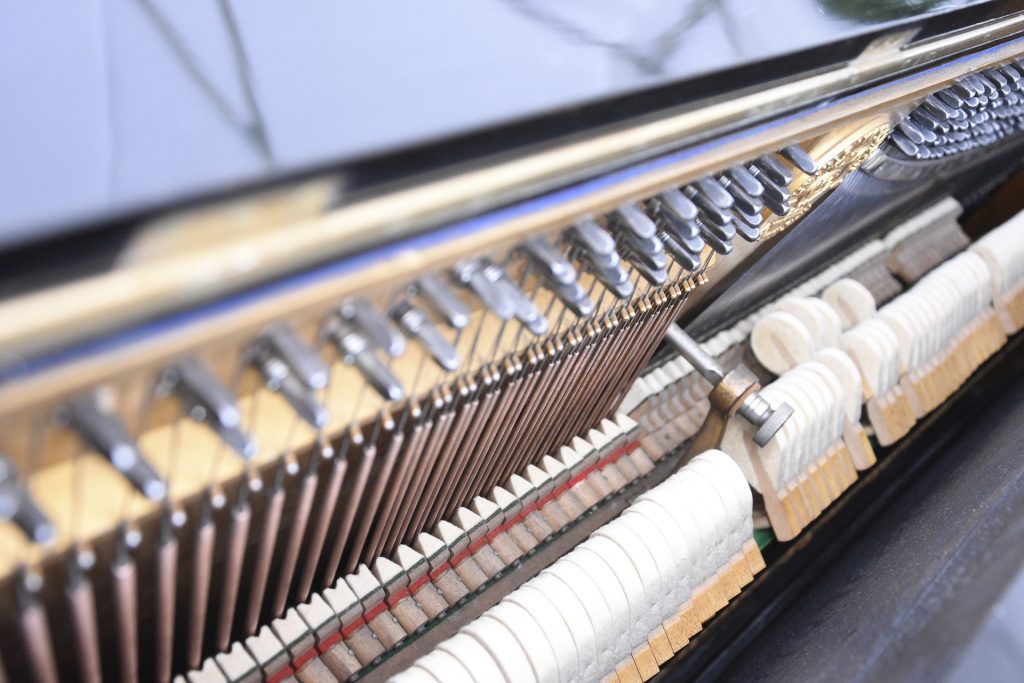Introduction:
Pianos are one of the most beautiful and powerful musical instruments in the world. They have the ability to evoke emotions, tell stories, and create memories. However, just like any other instrument, pianos require maintenance to keep them in good working order. One of the most important aspects of maintaining a piano is tuning it. This guide will take you through everything you need to know about piano tuning, including why it’s important, how it’s done, and the difference between tuning and voicing.

Why is Piano Tuning Important?
Piano tuning is an essential part of maintaining the beauty and tone of your piano. Over time, the tension of the strings will change, causing the piano to go out of tune. This can result in a dull, lifeless sound and a decrease in the overall enjoyment of playing the piano. Regular tuning helps to keep your piano sounding its best and will also extend its life.
Get access to FREE piano tuning E-book DOWNLOAD

How to Get the Best Sound from Your Piano
Aside from regular tuning, there are other ways to ensure that your piano sounds its best. Here are some tips to help you get the best sound from your piano:
Keep your piano in a stable environment: Pianos are sensitive to changes in temperature and humidity. To protect your piano, make sure to keep it in a room that is climate controlled. Avoid placing your piano near windows, air vents, or sources of moisture.
Clean and dust your piano regularly: Dirt and dust can build up on the strings, hammers, and soundboard of your piano, affecting its sound quality. Regular cleaning and dusting can help keep your piano sounding its best.
Protect your piano from damage: Accidents can happen, so make sure to protect your piano from damage. Cover it with a piano cover when it’s not in use and keep heavy objects away from the keys.
Regular maintenance: In addition to tuning, it’s important to have your piano serviced regularly by a trained technician. This can help to keep it in good working order and prevent any problems from developing.
By following these tips, you can ensure that your piano sounds its best for years to come. So, why not start taking care of your piano today and experience the beautiful sound that it can produce?
You want learn more how piano keys work?

The Difference Between Tuning and Voicing:
While tuning and voicing are often used interchangeably, they are actually two separate processes. Piano tuning involves adjusting the tension of the strings to the correct pitch, while voicing involves adjusting the tonal quality of the piano. Voicing involves making adjustments to the hammers, which can affect the sound of the piano. While tuning is essential, voicing is usually only necessary if the piano has been damaged or has lost its tonal quality.

Conclusion:
Piano tuning is an essential aspect of maintaining the beauty and tone of your piano. Regular tuning helps to keep your piano sounding its best and will also extend its life. While tuning is a skilled process, it’s important to have it done by a trained technician to ensure that your piano is in good working order. With proper care and maintenance, your piano will provide years of enjoyment and memories. So, don’t hesitate to have your piano tuned today!

